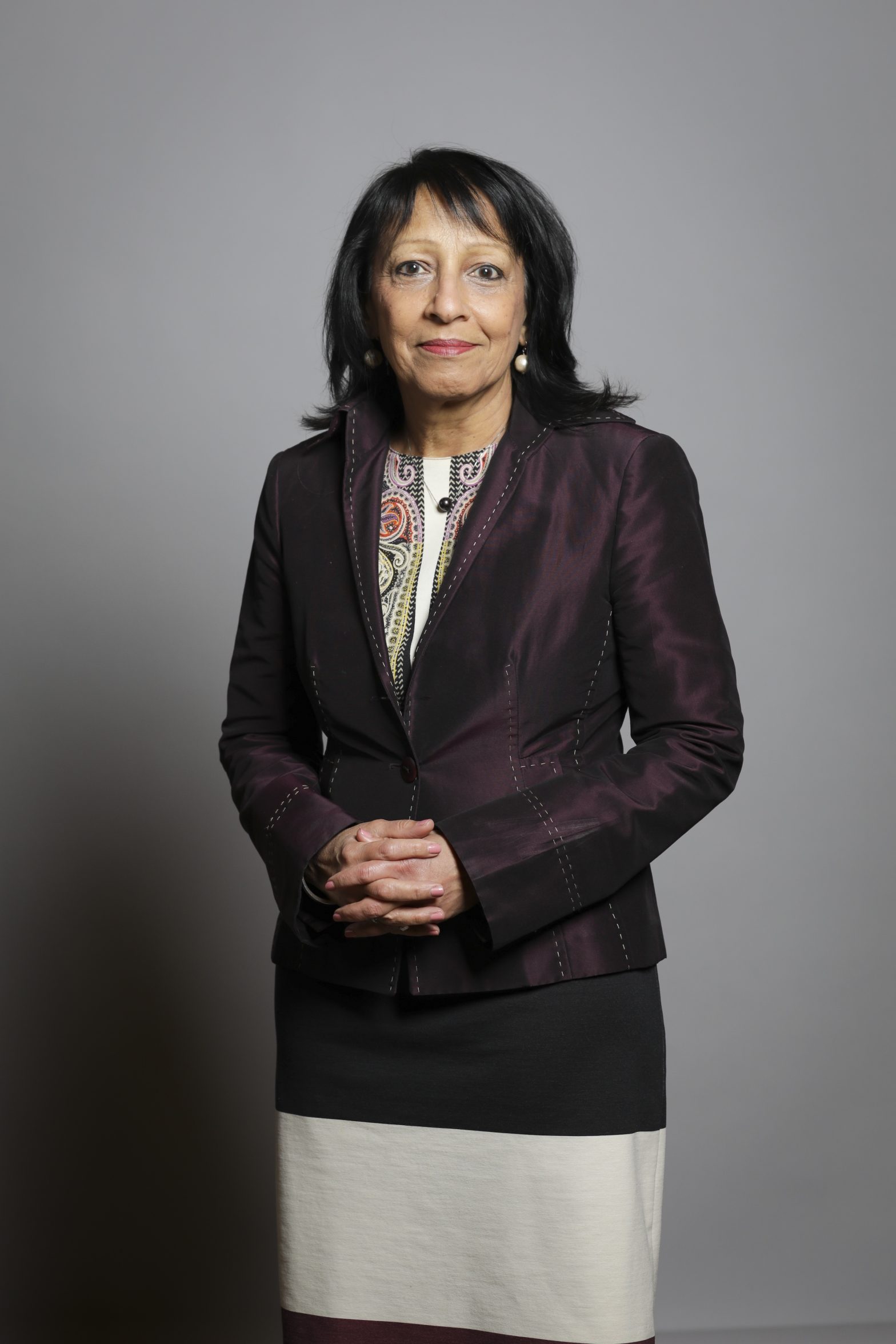
THE Equality and Human Rights Commission (EHRC) has decided to conclude its inquiry into the chairperson, Baroness Falkner of Margravine, following internal allegations about her behaviour made by current and former staff members, reported The Times.
Some who disagreed with her position on transgender rights said that these criticisms were motivated by ideology.
Said to be an attempt to influence the investigation, the charges against Falkner were leaked to Channel 4 News.
The Women and Equalities Minister, Kemi Badenoch, expressed concerns about the probe’s management and requested an independent legal review. As a result, the EHRC opted to close the investigation.
The report also said that the commission admitted to “process failures” during the investigation.
After eight months of being the subject of an inquiry, Baroness Falkner thanked everyone for their support and reaffirmed her dedication to public service.
Baroness Falkner said: “I am grateful to see an end to this investigation into unsubstantiated claims against me. I am also particularly grateful for the support and encouragement I have received, since the investigation into allegations against me was first disclosed. I have relished public service all my life and continue to do so with vigour and determination.”
She expressed her unwavering dedication to the position she occupied, highlighting her commitment to promoting equity and defending everyone’s human rights in Britain.
A FALL in the number of international students at UK universities could adversely impact the country’s wider diversity and inclusion initiatives, an organisation has warned.
And it also argues that Britain is danger of becoming more insular and could also become isolated if it doesn’t address these issues and promote a culture more open to influences from outside the UK.
The findings are covered in a report, titled, Is the UK developing global mindsets? carried out by International Higher Education Commission (IHEC).
It is keen to see universities prioritise ‘Internationalisation at home’ – as explained in the study this involves deliberately integrating diversity into higher education and encouraging more active contact between home and foreign students and enabling Britons to feel more comfortable abroad or in more diverse environments.

The Chairman of IHEC and former universities minister, Chris Skidmore MP, said: “Our evidence taken over the past year has shown that the UK’s international education offer simply can’t be about attracting international students to the UK.”
“We need to ensure that campuses are international with attractive international based curriculums, exchange programs and inclusive facilities that ensure international students want to study in the UK because we offer the best courses compared to competitor countries,” he continued.
The report also points out a decline in the number of UK students studying foreign languages, a trend attributed to the departure of incoming EU Erasmus+ exchange students and a decrease in overall diversity.
INVESTMENT BANK Goldman Sachs is urging American employers to pay closer attention to the challenges faced by Black women, particularly Black mothers, in their job search, based on their own research.
In their inaugural survey associated with the One Million Black Women project, the bank found that Black women in the US (19 per cent) are more likely to view childcare as a barrier to employment compared to the general population (11 per cent).
This survey examined the economic mobility of Black women in the US and largely echoed insights from previous annual reports on Black women in corporate America.
Among the key findings:
Black women in current positions who have children allocate a similar, if not more, amount of money to childcare expenses as other women do to retirement savings.
Strained finances due to high childcare costs lead to financial stress, reduced engagement, lower productivity, and increased anxiety.
Furthermore, employees may be more inclined to take time off to tend to their childcare needs rather than pay for day-care.